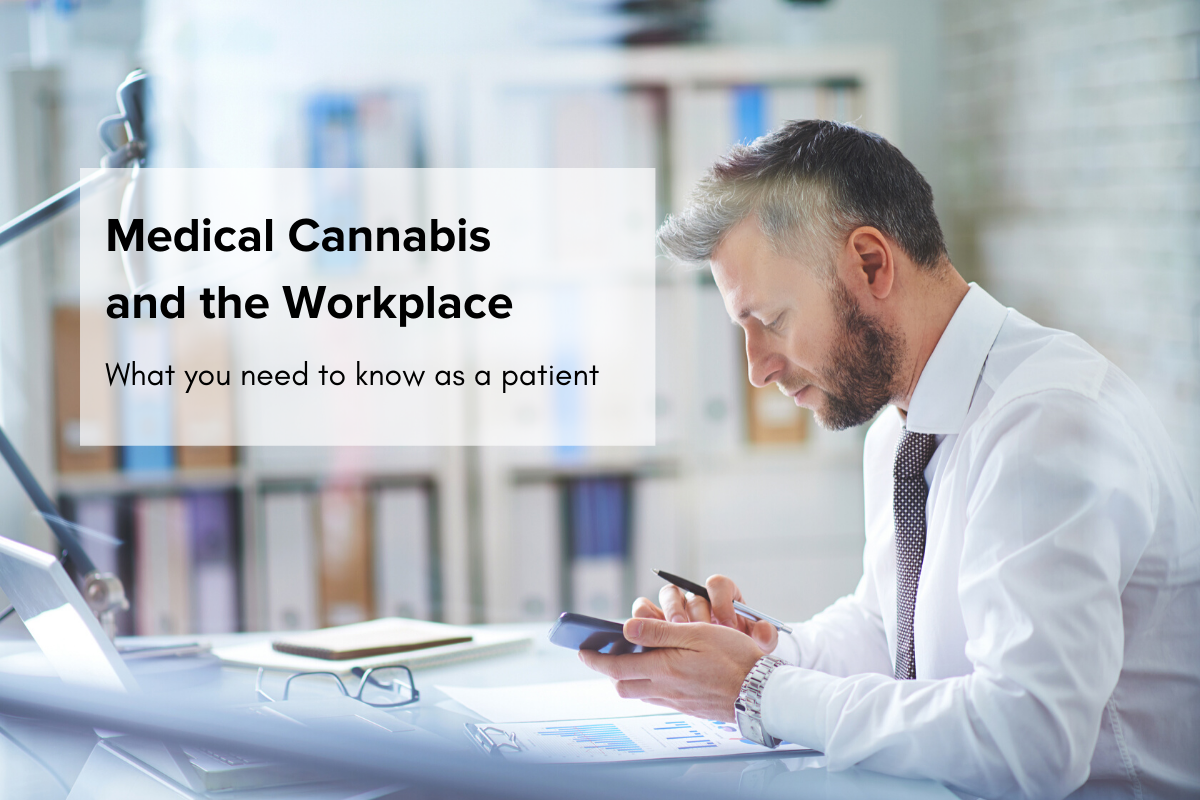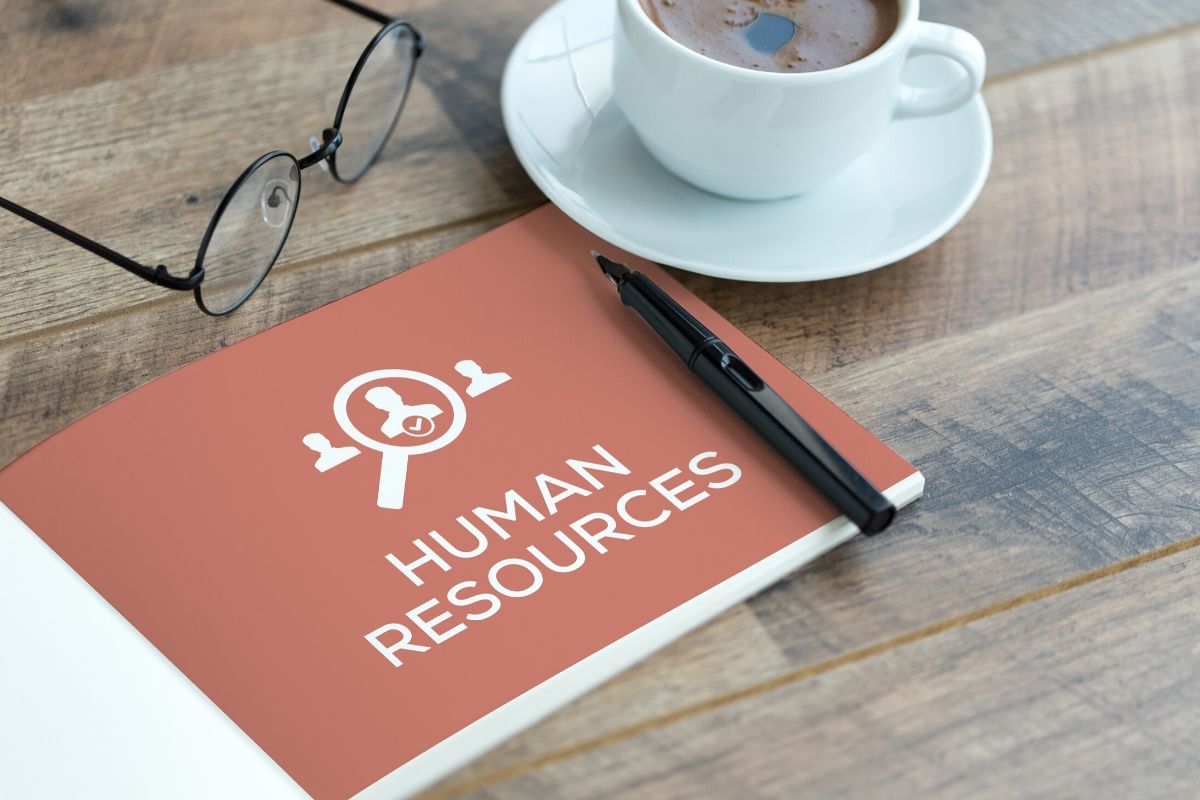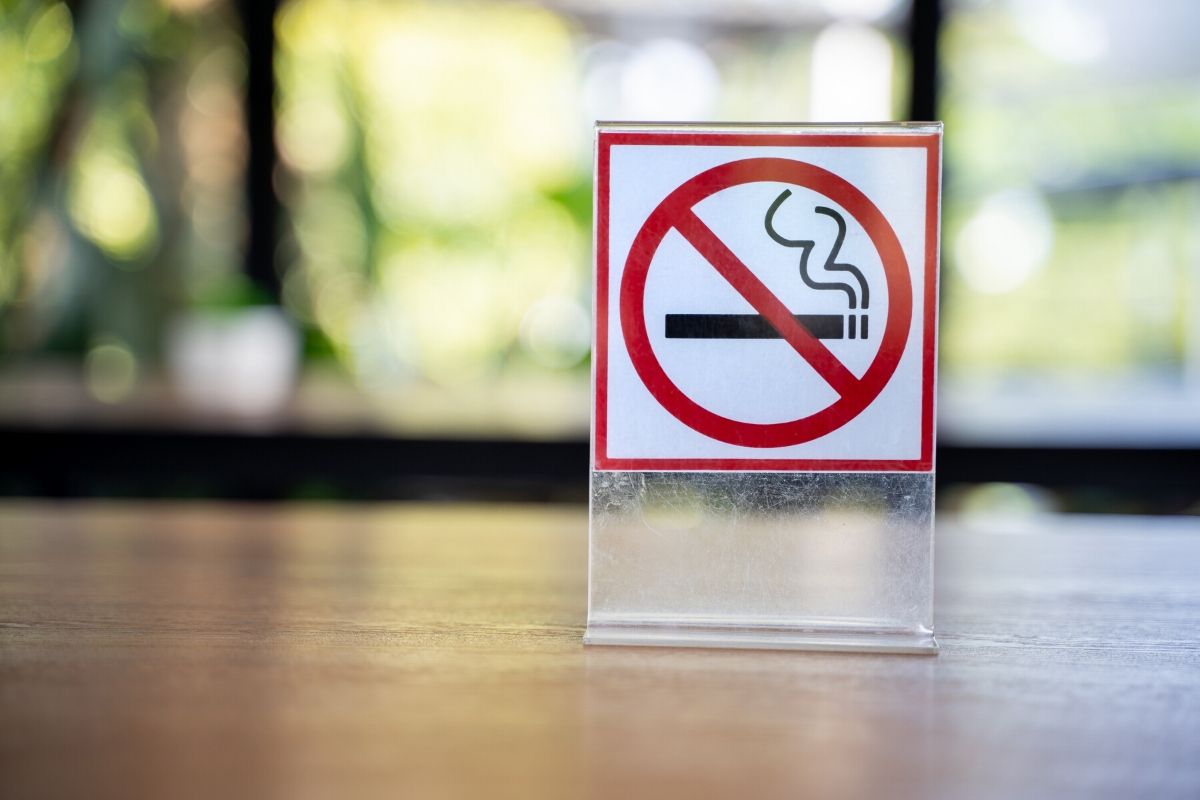Medical cannabis use is growing in Canada and employees should be aware of all of the implications and potential challenges that could arise. This article answers questions about medical cannabis use in the workplace.

With Medical cannabis as an established form of medical treatment for various conditions, patients should know how their usage impacts their workplace, employers and other employees. By law, employers are required to accommodate employees with medical needs up to the point of “undue hardship.”
Here are the answers to the most frequently asked questions about medical cannabis in the workplace.
 Can I perform my job productively while on medical cannabis?
Can I perform my job productively while on medical cannabis?
This is the first question that all patients should ask themselves. While medical cannabis is recognized as a legitimate medication, employers have every reasonable right to expect employees to perform their jobs properly. Employers also have a duty to maintain a safe and healthy work environment for others.
If employees prescribed medical cannabis need to consume while at work, it’s advisable to obtain clear and exact details of the medication. Is it THC? Is it CBD? Due to the relatively new nature of medical cannabis, it’s likely that most employers are not well-versed on the therapeutic intricacies of individual cannabinoids.
This information is important to know as THC, while beneficial in its own right, can cause intoxicating effects. On the other hand, CBD – which is used to alleviate anything from chronic pain, anxiety, and arthritis – does not generate any psychoactive effects. If you’re prescribed THC, CBD or a combination of both, it’s vitally important that your employer is made aware of these facts.
 Do I need to inform my employer of my medical cannabis use?
Do I need to inform my employer of my medical cannabis use?
Yes. If you require the use of medical cannabis at work, you must inform your employer so that they can begin to make the proper arrangements to accommodate you. It is understandable if employees feel reluctant to disclose their medical cannabis use out of stigma or other reasons. In this case, honesty is always the best policy.
Employees should present their valid medical cannabis prescription as well as specify the health condition that medical cannabis is being used to treat.
Disclosure of your medical cannabis consumption should be made to your employer as soon as possible. Failure to inform your employer could result in termination, especially if an effort were made on the employee’s behalf to conceal their medical cannabis use during the pre-hiring screening process.
In many cases, employers are not cannabis-literate and therefore, may not be aware of the differences between THC and CBD – specifically how CBD can provide medical benefits without the intoxication that THC causes. Informing them allows you and your employer to be on the same page.
Please note that Canada’s Human Rights Code protects employees who use medical cannabis from discrimination at their place of employment, residence, services and other areas.
 What are the policies on medical cannabis use at work?
What are the policies on medical cannabis use at work?
Remember, when you notify your employer of your medical cannabis use (when prescribed by a physician), your medical cannabis needs are treated the same as any other prescription drug.
Once the employer approves, employees are permitted to use medical cannabis at work as long as it does not interfere with their performance or put others at risk.
Patients must work closely with their physicians to determine a safe dosing regiment to not only manage symptoms but also to avoid impairment.
While employers must legally provide disability-related accommodations for employees using medical cannabis (up to the point of undue hardship), they also have a responsibility to maintain a safe and productive work environment.
After being informed of your medical cannabis needs, your employer will conduct a thorough analysis to determine if your medical cannabis use safely aligns with your essential job duties. Your employer may potentially inquire with your doctor for more information about dosing and the specifics of your health condition.
After assessing how your medical cannabis consumption could impact the workplace, your employer may reassign certain job tasks in an effort to mitigate risk and ensure safety.
Employees seeking further information should consult their human resources department for specific policies.
 Am I allowed to use medical cannabis at work?
Am I allowed to use medical cannabis at work?
The answer depends on what kind of work you do. Under Canada’s Human Rights Code, employers are required to accommodate employees who have a valid medical cannabis prescription to the point of “undue hardship.”
What is undue hardship?
Undue hardship refers to severe health and safety risks or excessive financial costs. For example, an employee working in a safety-sensitive role such as a forklift driver or a pilot may be denied accommodation due to the risk of impairment and potential danger that his medical cannabis consumption could potentially create.
 What are “Safety-Sensitive” Job Roles?
What are “Safety-Sensitive” Job Roles?
Safety-sensitive roles are specific jobs where impairment could result in significant danger to the health and safety of employees, customers, property or the environment.
Examples of safety-sensitive roles include:
- Transportation (e.g. drivers and pilots)
- Construction (e.g. heavy machinery operators)
- Healthcare (e.g. nurses, paramedics)
- Maintenance (e.g. electricians)
How do I consume medical cannabis at work?
As per Occupational Health and Safety regulations, smoking is prohibited in most enclosed workspaces. Employees who require smoking or vaporizing their medical cannabis may legally consume in areas except where laws or rules that prohibit smoking or vaping for public health reasons, such as schools, parks, hospitals, to name a few.
However, patients taking edibles for medical relief do not need to abide by this rule.
Again, employees should work closely with their employees to mutually determine a safe and discreet location in which to consume their medical cannabis. The right to use medical cannabis does not override other employees’ safety.
Can I lose my job using medical cannabis?
No, an employee cannot be terminated after disclosing their medical cannabis use. This is regarded as discrimination as per the Canada Human Rights Code.
However, if an employee does not disclose their medical cannabis use and is found to be unfit for work duty, then that could be legitimate grounds for termination.
Work accommodation for medical cannabis is a two-way street. The employee must be truthful in disclosing the nature of their medical cannabis use, and employers must take the responsibility to accommodate while maintaining a responsibility to a safe and productive work environment.
Can I drive on medical cannabis?
It depends on the strain type of medication. You should never drive after consuming strains containing THC. Studies have indicated that THC consumption can drastically reduce reaction time, spatial awareness and cognitive function.
However, the consumption of CBD does not come with any intoxicating side effects.
How do I provide proof to the employer?
You can submit proof of your medical cannabis use in the form of a prescription from a licensed healthcare practitioner.
As the number of medical cannabis patients increases, employers and employees should do their best to work and collaborate together to face and solve new challenges. We hope this article has been useful in answering your questions!




